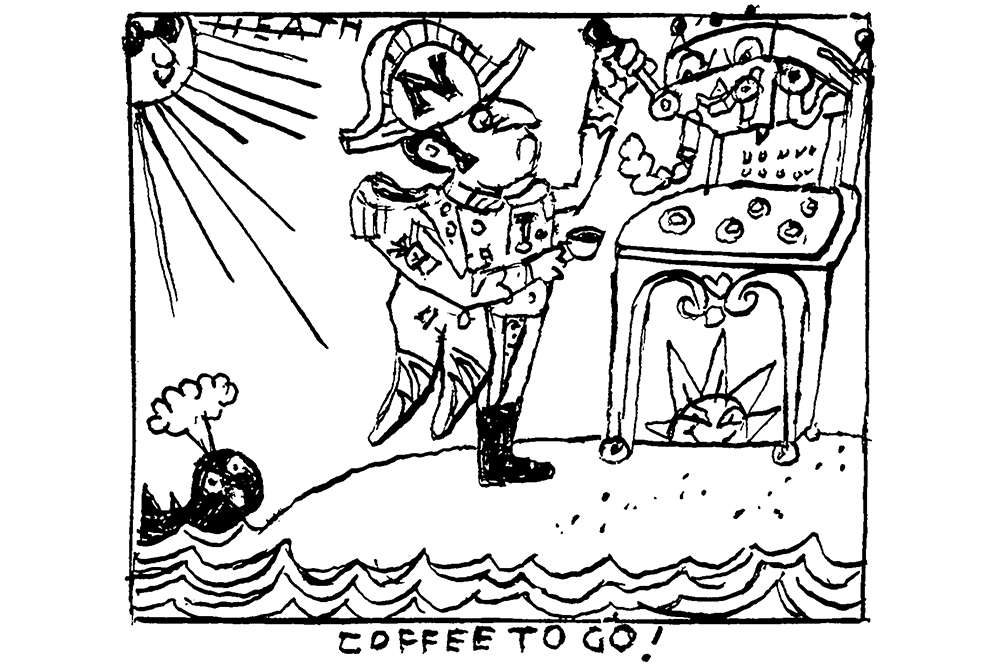Michel Dancoisne-Martineau, Saint Helena’s French honorary consul, wants to set the record straight. Contrary to popular belief, he tells me, Napoleon wasn’t exiled to St Helena for life. In a highly idiosyncratic sentencing, drafted by the Russians and ratified by the other powers involved, Napoleon’s banishment was to last ‘until his deadly fame ends’.
While Napoleon was living there (from 1815 until his death in 1821, his remains being returned to France in 1840), he was essentially confined to an estate named Longwood House, which sits at a fairly high elevation where the weather is often chilly and misty. There, Napoleon entertained visitors, gardened extensively, and dictated the bestselling book of the 19th century The Memorial of Saint Helena to Emmanuel de Las Cases.
Napoleon quarrelled ceaselessly with his jailer, Governor Hudson Lowe, and complained endlessly about his conditions. Island lore has it that one of his consolations in exile was the delicious coffee, but Michel showed me the text of a letter written by Governor Lowe (refusing to mention the irksome Bonaparte by name) to the governor of Mauritius requisitioning ‘a further proportion of the very best Coffee…[for] the remarkable Personage who is under my custody’. It’s dated March 1817, so it’s possible Napoleon did enjoy St Helena coffee for his first two years of being banged up, till he got hold of something he preferred.
Whether Napoleon loved or loathed it, St Helena coffee is celebrated and rare – the island produces perhaps 6,000kg a year, a mere 500th of world leader Brazil’s output, and therefore it’s among the costliest around. Seventy quid buys you all of 100g at Fortnum & Mason. But in St Helena, the same amount of whole roasted beans sells for £10, so I acquired a few pouches to play with, from four different plantations.








Comments
Join the debate for just £1 a month
Be part of the conversation with other Spectator readers by getting your first three months for £3.
UNLOCK ACCESS Just £1 a monthAlready a subscriber? Log in